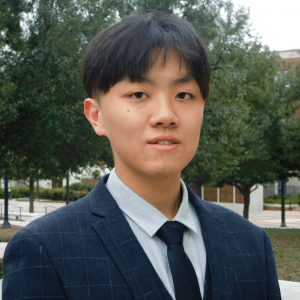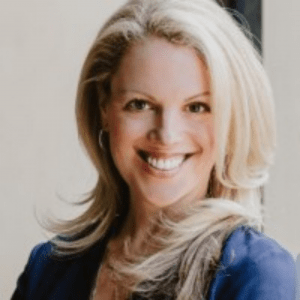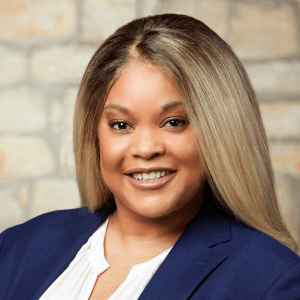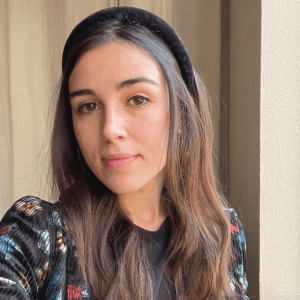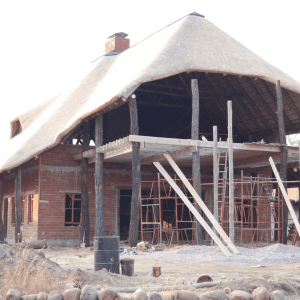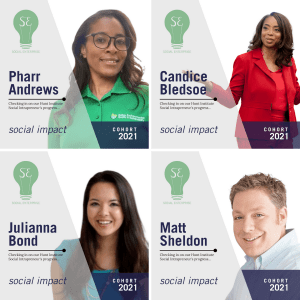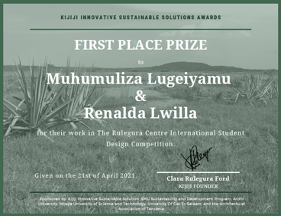Many of our student workers were able to spend this summer participating in various internships outside of the Hunt Institute. Students often return from these experiences with a fantastic arsenal of newly acquired skills, ideas, and perspectives. This summer, one of the undergraduate research analysts in the Institute, Sam Borton, was an intern at the Institute for Technology and Global Health (ITGH), a research hub under PathCheck Foundation. Sam shared the following about his experience:
Startling statistics often have a way of provoking people to take action. Even as early as elementary school, I was taught the effectiveness of using an “interesting fact” as an introductory sentence. In the process of searching for a research topic this summer, I was sent down an entirely different path after coming across one such statistic: developing countries lose about 45 million cubic meters of water daily, totaling a loss of over $3 billion per year. I knew that lack of access to water is a significant issue, but the fact that this much water was available but not reaching end consumers was surprising.
In the beginning of the internship, we had a week of courses about doing research in the public health and technology space. One concept that stuck with me was that of developing a theory of change before implementing a program. I learned that going through the process of identifying the series of causal links between implementation and the intended end result is important in both accounting for unintended consequences and clarifying the program’s focus.
Initially, my group’s research efforts were going to be focused on sanitation infrastructure. After further pursuing the idea of water loss, however, I discovered the concept of non-revenue water, which includes physical water leakages, unbilled and unmetered water consumption, and illegal connections. It seemed to me that a vital preliminary step in achieving better sanitation conditions is achieving sufficient access to water. Addressing non-revenue water not only increases water availability, but by properly collecting revenue, local water utilities have increased capacity to repair and expand the existing water infrastructure. Ultimately, my group’s summer research culminated with the completion of a working paper about performance-based contracts as a solution for reducing non-revenue water.
I feel very fortunate to have been able to meet and work alongside other students who are passionate about contributing to a more inclusive, sustainable world, similar to my great co-workers at the Hunt Institute. My experience at ITGH taught me about working towards a tight deadline, developing a research question, and even about the wonderful challenges of collaborating remotely across several time zones. I am very grateful for the experience, and I am excited to apply what I learned to my role at the Hunt Institute and beyond.
To read more about the Hunt Institute’s work to develop future-focused solutions to some of the world’s biggest problems, please click here. For the latest news on the Hunt Institute, follow our social media accounts on LinkedIn, Facebook, and Instagram. We invite you to listen to our Podcast called Sages & Seekers. If you are considering engaging with the institute, you can donate, or sign-up for our newsletter by emailing huntinstitute@smu.edu.

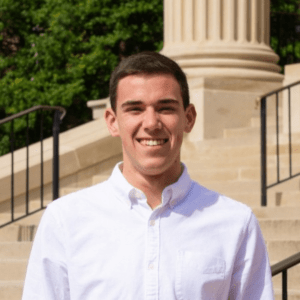





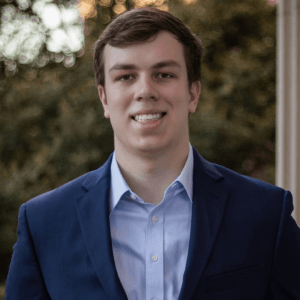
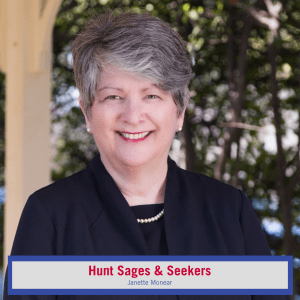 In this episode of The Hunt Institute’s Sages & Seekers Podcast, Janette Monear explains the vital relationship between the environment and community and how we can work to save it.
In this episode of The Hunt Institute’s Sages & Seekers Podcast, Janette Monear explains the vital relationship between the environment and community and how we can work to save it.